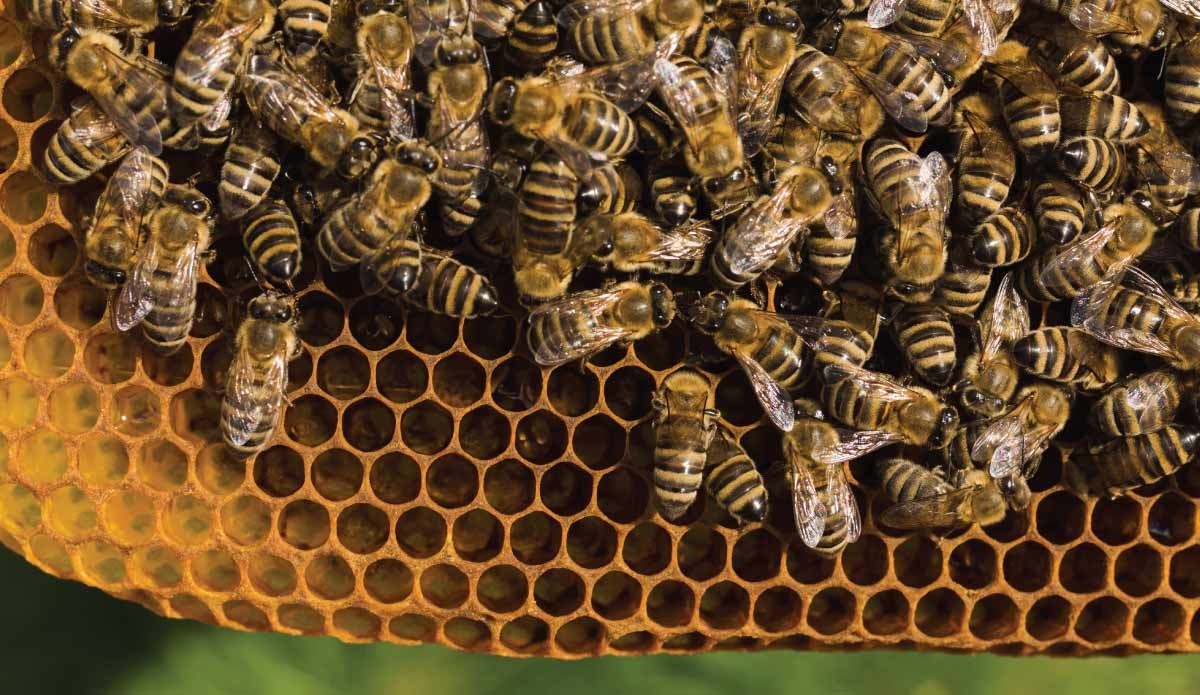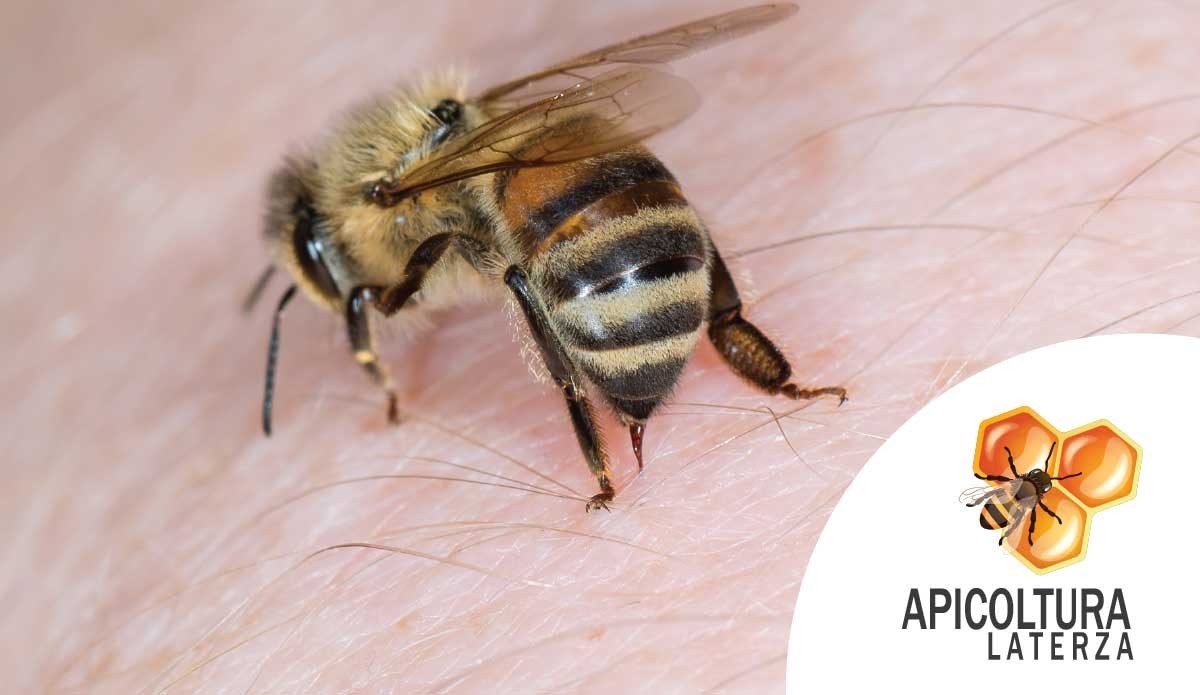The hierarchy of bees in hives

Inside a hive, bees are the owners of an extraordinary coordination work in which each bee plays a well-defined role.
The organization of bees is a factor that determines their survival in the countless adversities of nature. Their industriousness and ingenuity have given birth to one of the most efficient and wonderful kingdoms in the animal world.
How bees divide the roles
The roles are usually divided according to the seniority of the bees. In fact, the largest bees, now elderly, are usually those that are most exposed to risks and that are chosen for more dangerous roles such as those in which one is closest to the eyes of predators.
In general, each hive connects its entire survival to the life of the queen bee which, however, in turn would not be able to resist for long without the support of its worker bees. The latter in fact provide her with food, supplies and the heating necessary for her survival.
In this context, therefore, speaking of the hierarchy of bees is not entirely correct because in their job of assigning roles, there is a general cooperation that does not provide for the prevarication of one role over another precisely because the work of each single bee is indispensable for the survival of all the others.
We find a small exception in the case of drones which once they have become useless for fertilization no longer receive nourishment and sustenance from the workers and are abandoned.
In a hive, the rules are strict. What is not necessary is eliminated.
The different roles of bees
Bees are able to create a perfectly divided organization.
We can distinguish various types of bees based on their tasks and functions. We therefore distinguish:
- The queen bee: the queen bee is the only fruitful bee inside the hive. She is the only one able to lay eggs and thus allow the survival and multiplication of the swarm.
- Worker bees: indispensable for their sovereign, these bees constantly take care of the queen bee and provide for any needs of her in order to keep her healthy and strong. In general, worker bees adapt to many different roles and are a bit of the "handyman" of the hive.
- The explorer bees: reserved for older bees, this role is entrusted to the most expendable bees which, moving in search of food, are very vulnerable to attack by predators. Once they reach the source of nourishment, the explorer bees return to the hive and communicate to the rest of the bees where to move to collect nectar.
- Foraging bees: very hardworking and always busy, foraging bees take care of the transport of raw materials for the production of honey in the hive. The foragers are then loaded with pollen, nectar, water and propolis.
- Sweeper bees: these are bees that have the task of keeping the hive clean and tidy. They get rid of any encumbrance that may be useless. In fact, it often happens to us to see how bees of this type undertake to drag away the remains or the lifeless bodies of the now deceased bees.
- The nurse bees: they are particular bees that play a wonderful role. The nurse bees are exclusively involved in feeding the newly hatched larvae. It is usually very young bees that perform this task. It is they themselves who transform the pollen into royal jelly and then place it in the cells where the small ones are located.
- Guardian bees: they are absolutely involved in the defense of the hive. They are ready to sacrifice their own lives in order to defend the family. The role of the guardian bee is a very demanding task and if the bee were to use her sting it would go against death.
- The drones: this band is made up exclusively of male bees whose sole objective is to fertilize the queen bee which will thus be able to lay eggs.
Queen bees: essential for survival
Obviously, although the world of bees is perfectly organized, the whole survival mechanism would collapse when the queen bee was not present.
The role of the queen bee within the hive is vital. Being the only one capable of laying eggs, it constitutes the only element that allows the succession and renewal of the family.
Consider that each hive contains from 15 thousand to 50 thousand specimens and the large number of components is precisely what allows you to divide the various roles to be filled.
Purchase queen bees
If you are a beekeeper and you are looking for queen bees for your breeding, but also swarms, nuclei or families of bees, you will be pleased to know that with Apicoltura Laterza you can buy directly online!
Receive your bees with fast and agreed shipments. We ship all of our products with professional and safe methods and we provide you with a health certificate on the health of all bees.
Are interested? Buy queen bees now by clicking here!






